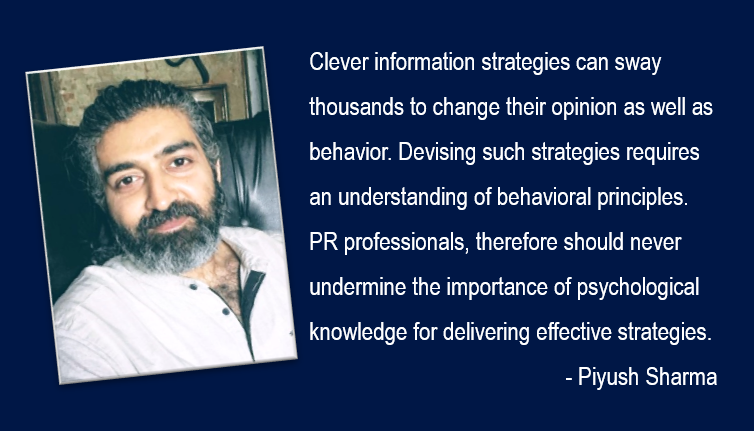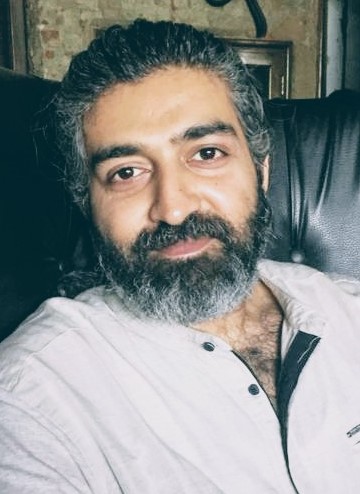Modern psychology is a relatively new discipline which branched out of the study from philosophy and physiology in 1880. This provided a completely new study with respect to human behavior, sensory capabilities, perception, thoughts, feelings, attitude, and intentions. The bond between PR and psychology dates back to early 1920 when Sigmund Freud nephew Edward Bernays connected the dots and found out how psychology can help influence human behavior through communication. Bernays, the father of PR, was the first practitioner to bridge PR and psychology with the theories learned from Freud, the father of psychology.
In comparison to psychology and sociology, PR has a far modern yet interesting history. The concept endeavoured in the 1880s in the United States and later in the United Kingdom in 1920 in support of Empire Marketing Board. The developing practices of public relations would run parallel to that of psychology. Modern day psychologists like Grunig and Hunt reviewed the historical developments in their texts, Managing Public Relations (1984) and their study suggested that during the First World War there was a Creel Committee for Public Relation which used propaganda as a tool to influence and harbor masses. Even during World War II, Hitler appointed Joseph Goebbels as the Minister of Propaganda.
In 1923, Bernays book, Crystallizing Public Opinion, showcased the broad principles governing the new profession of public relations which was a mix and match of both sociology and psychology. He further argued that a public relation professional has to play the role of the psychologist,
“the public relations counsel is the first of all students….his field of the study is the public mind” (1923, P.52).
Charles Duhigg, a world-renowned American journalist recently published an article on Sunday Times about the relationship of psychology with public relations, “How companies learn your secrets”. He also pens down a book “Power of Habit” which strictly explained the ethical implications for PR and marketing pros. The central tenet is to influence the public opinion through strategic communication. In the dictionary of Public Relations Society of America states “a strategic communication process that builds a mutually-beneficial relationship between organisation and publics as public relations.
Group psychology is yet another concept which can be seen today in digital age. “Group” herein never referred to people gathering together in masses, Sigmund Freud connoted group as a state of mind. We often see information warfare on Twitter, Facebook and news channels creating a hue and cry. When one gets all motivated while watching a news channel or checking what’s trending on twitter. People tweet, this gives them psychological strength which is a sign of group psychology.
As social media has shown us in recent times, that clever information strategies can sway thousands to change their opinion as well as their behavior. Devising such strategies in turn requires an understanding of behavioral principles. PR savvy personnel, therefore should never undermine the importance of psychological knowledge for delivering effective strategies.



Be the first to comment on "Understanding psychology for effective PR strategising"